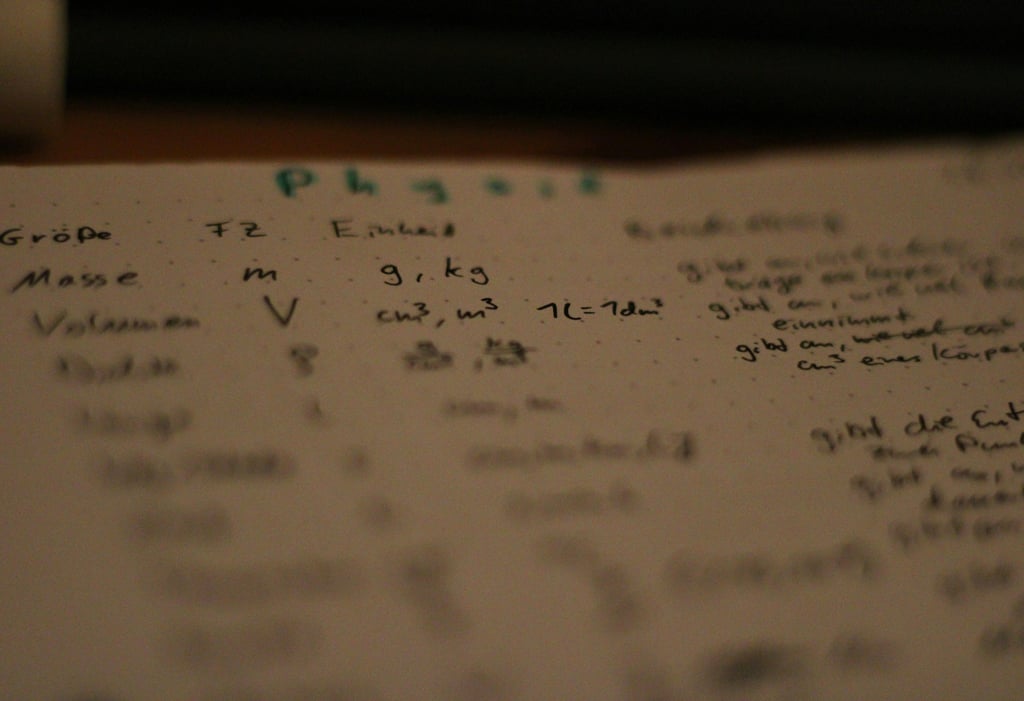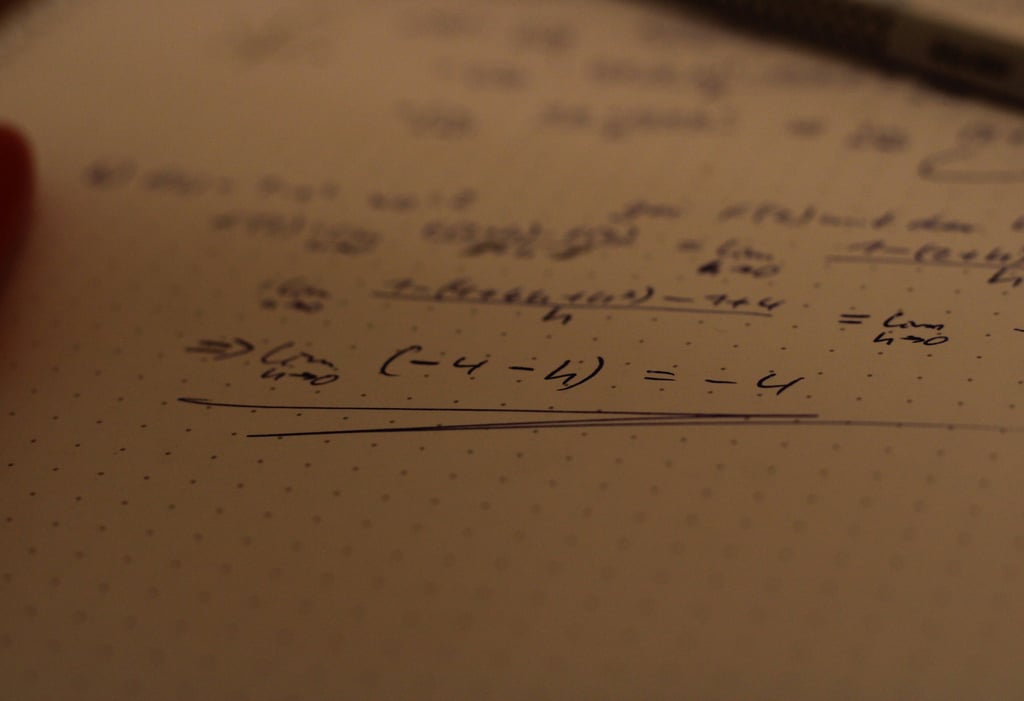How To Study Cambridge Maths
Cambridge Maths can be a confusing subject for many students. Half Of the Battel is knowing how to best study Cambridge Maths. In this article, we dive into practical strategies that students can use to better study their Cambridge Maths. This include IGCSE Maths, AS Level Maths, and A Level Maths
STUDENTS
Don L'Amour Chimhanda
5/21/20245 min read
Studying is straightforward with effective methods. If your grades vary across subjects, it might be due to incompatible study methods. For personalized advice, consult educators or reach out to me for more information. My contact details are below.
How To Study Cambridge Maths
In my humble opinion, humanity's greatest asset is our ability to learn. This unique capacity has made civilization possible. The human mind is naturally inclined to absorb knowledge, yet many of us seldom reflect on our learning habits. When was the last time you considered how to enhance your learning skills? Probably never. It's like asking a fish, "How's the water?" It's just there, and we don't think about it.
Today, we'll transform your study habits by discussing general guidelines for effective studying and exploring specific methods for tackling various subjects. Get ready to unlock your inner Einstein—or at least get a bit closer to passing that next test without breaking a sweat.
Develop A Mathematical Mindset
Most battles are won in the general's tent. Before you even pick up a book, ask yourself, “Why am I studying? What is my main goal here?” If your goal is merely to pass a test, you're setting yourself up for a Sisyphean task—endless pushing with no real progress. Studying just to pass is like listening just to respond rather than to understand. Trust me, you'll miss the whole point, and it's as effective as a screen door on a submarine.
The only valid reason to study is to understand. When you seek to understand, you go the extra mile. You study even when you don’t have to, you cover sections not included in tests, and you grasp concepts independently. Essentially, you become a master in your field. Isaac Newton didn’t discover gravity to pass a test; he was genuinely curious—and probably tired of things randomly falling on his head without explanation.
Shifting your mindset can transform your approach to education. Learning becomes fulfilling rather than draining. You'll start enjoying the challenges of mathematics and the intricacies of physics, eagerly anticipating those “aha” moments. Suddenly, those confusing equations are like plot twists in a thriller—you can't wait to see how they resolve.
Changing your mindset is a choice. Decide to study for understanding, not just to pass. The grade matters less than the comprehension you gain from the material.
Consider this choice:
1. A fancy degree with no knowledge.
2. The knowledge of business management without a degree.
Which would you choose? Make the same choice whenever you study. Be the hero in your own educational journey!
Create A Sytem
Control Your Environment
As discussed in my blog post on time management, sports athletes follow training regimens to enhance their performance. Similarly, a study timetable ensures consistent and effective learning. Consistency is your best friend in learning, while intensity can be counterproductive. Think of your study routine like a good Netflix series—regular episodes keep you engaged, while binge-watching leaves you burnt out.
When it’s time to study, study. This means eliminating distractions—no music, no snacking, no dancing, and definitely no binge-watching your favourite show. Do you think a monk meditates while watching Netflix? Exactly. Scholars need the same level of focus. Find an isolated spot dedicated to studying. Avoid places where you relax, like your bed, unless you want to end up taking the most productive nap of your life. Pre-plan your study sessions to avoid overworking and maintain focus. Study for no more than two hours without a proper break. Approach your study sessions with the focus of a monk, avoiding your phone entirely. Your brain wants to learn; you just have to give it the right conditions.
Know the Phase of Mathematics That You're In
Mathematics And Note Taking
Most students run into trouble when they attempt to apply past study strategies thinking they will bear similar results. No. This could not be further from reality. Using Primary level study strategies for IGCSE Maths does not work. Therefore, you must learn what phase you're in and how to best study for said phase. The best way to do this is to ask your tutor or teacher. They have tried different resources already and know what works best by now.
Here is the truth, Cambridge Maths is not the kind of subject to take notes for. Honestly, writing solved maths problems does not mean that you understand how to solve the problem. Therefore, obsessing over having perfect notes is a pure waste of time. However, if you wish to have notes, you can use them as a booklet for practising maths problems. Other than that, anything you write in that notebook is just a subpar version of your textbook. If you ever revisit a particular section, go to the textbook rather than any scribbles you might have stored away.
Conclusion








Remember, your brain is a sponge ready to soak up knowledge. All it needs is the right environment, mindset, and tools. So, go forth and conquer your studies with the enthusiasm of a kid in a candy store!
Yours truly,
Chimhanda Tutoring









